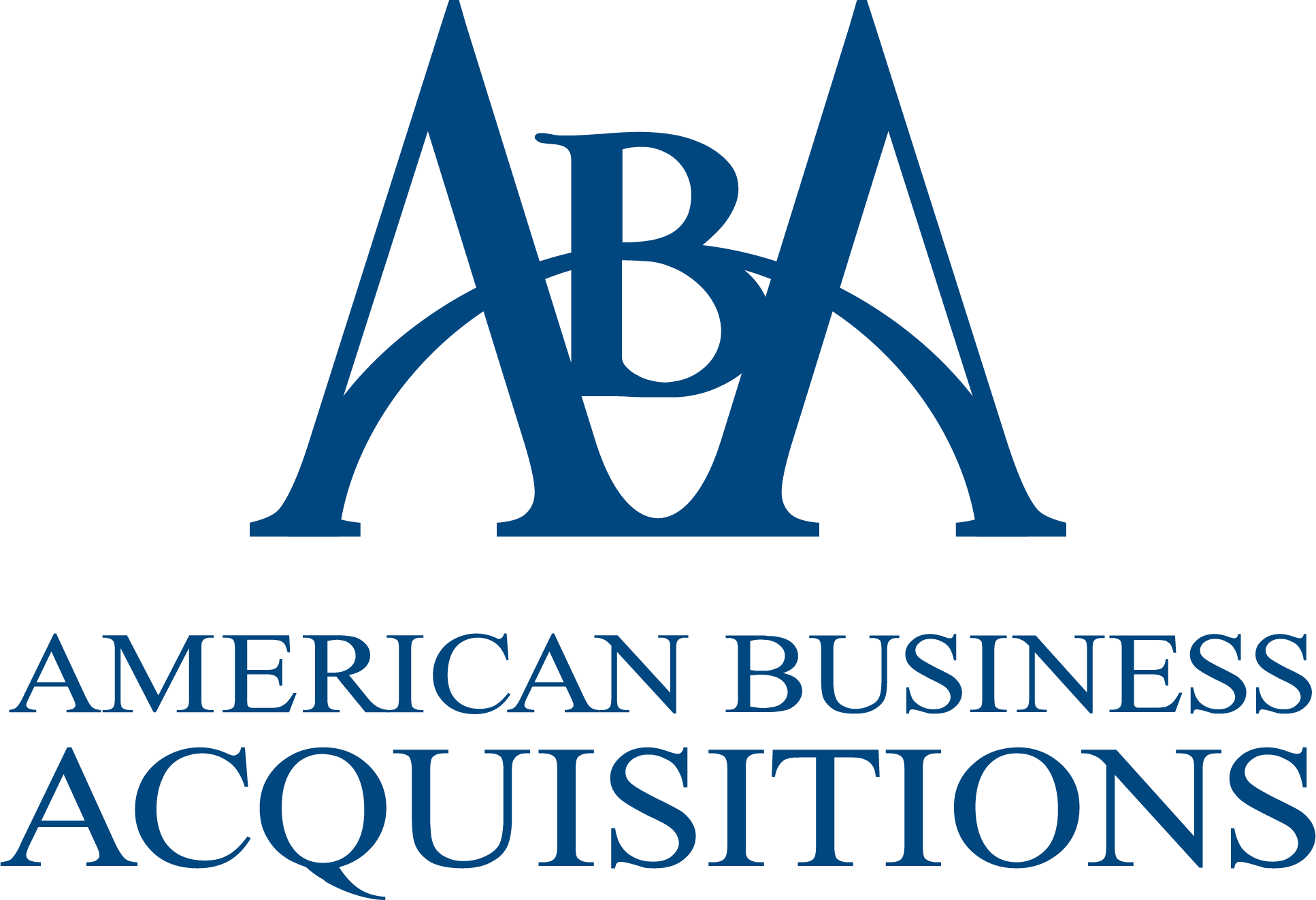Are you considering taking the leap into entrepreneurship? Purchasing an existing business could be a game-changer for you.
It’s not as daunting as it may seem and comes with numerous benefits. By acquiring a business that’s already established, you’ll have access to a loyal customer base, revenue from day one, and a functioning business model that can save you the struggles of starting from scratch. It’s an exciting prospect, right?
Just imagine becoming the owner of a thriving business and reaping the rewards of someone else’s hard work. You can take the helm of an already successful enterprise and guide it towards even greater heights. That’s the beauty of buying an existing business.
To ensure a smooth and profitable transition into business ownership, we’ve put together a comprehensive guide that covers everything you need to know. We’ll explore the benefits, share real-world examples, and provide practical advice. Why struggle when you can start with a head start? Discover more now!
Contents
Understanding the Concept of Buying an Existing Business
Buying an existing firm is sometimes compared to hopping onto a moving treadmill in the entrepreneurial world. You take on a business that already has an established rhythm and speed. The groundwork has been set, a certain momentum has been established, and your task now is to steer the ship forward.
Explanation of What it Means to Buy an Existing Business:
When you buy an existing firm, you are basically purchasing the assets, goodwill, and operating model of the company. The customer information, inventory, patents, trademarks, and commercial property rights are all included in this transaction. According to Investopedia, the transfer of these assets is critical to the continuance of corporate activities.
Key Terminologies Involved:
Let’s dissect some critical jargon in the business acquisition realm. Terms such as the following are commonplace in this industry.
- Due Diligence – an extensive appraisal to verify the business’s financial performance
- Earn-outs – a provision that allows sellers to receive an additional payment if the business achieves certain financial goals.
- Non-Disclosure Agreement (NDA) – a contract to protect proprietary information during negotiations
Ultimately, understanding the concept of buying an existing business allows potential business owners to evaluate the benefits, risks, and responsibilities associated with this decision. This insight fosters a sophisticated approach to the purchase, underpinned by an informed perspective, and is a stepping stone towards a successful entrepreneurial journey.

The Advantages of Buying an Existing Business
The advantages of buying an existing firm go beyond simply avoiding beginning costs. A number of concrete and intangible advantages can catapult a new entrepreneur to rapid profitability and stability.
Existing Cash Flow:
One of the most compelling reasons to buy an existing business is immediate access to cash flow. An ongoing business has an established income stream that can support the operational and capital expenditure while also providing a return on investment. According to a report from the Global Entrepreneurship Monitor, over 50% of startups fail within five years due to negative cash flow.
Established Customer Base:
When you buy an existing firm, you inherit its client base. This reduces the need for the time-consuming client acquisition procedure that many new firms encounter. According to Bain & Company, acquiring a new client might cost five times as much as retaining an old one.
Operational Systems and Processes:
Existing businesses come with pre-established operational systems and procedures. This infrastructure allows the new owner to focus on growth rather than investing time and resources in setting up the business’s operational backbone.
Lower Risk:
Investors and lenders perceive less risk in existing businesses with a proven track record. According to a study by the Small Business Association, loan approval rates for businesses with a proven track record are 20% higher than those of new ventures.
Buying an existing business gives you a quick start, cutting through the hurdles and uncertainties associated with starting from scratch. The risks are lower, the profits are faster, and the growth potential remains significant. Seizing such opportunities can indeed be an intelligent, Machiavellian move for any aspiring entrepreneur.

Risks and Considerations When Buying an Existing Business
As Machiavellian as it may be to leverage an existing business’s assets for accelerated growth and profit, one must undertake considerable risks and considerations. Remember, every rose has its thorns.
Hidden Problems:
Hidden issues can range from outstanding debts, pending legal issues, or even hidden operational problems. It’s crucial to conduct thorough due diligence before acquiring a business. As per the Global Entrepreneurship Monitor, nearly 25% of new business owners discover significant undisclosed issues within the first year of ownership.
Staffing Issues:
Existing staff can be a boon, providing continuity and business understanding. However, it can also lead to resistance to new management methods and strategies. A Harvard Business Review study indicates that nearly 70% of new owners face employee-related challenges post-acquisition.
Overvaluation:
The current business owner may overvalue the business based on emotional attachment or unrealistic growth expectations. A professional business valuation can help mitigate this risk, ensuring you pay a fair and justifiable price.
Culture Fit:
Every firm has its own distinct culture, and each entrepreneur has their own distinct flair. When the two are out of sync, it can lead to disputes and decreased corporate efficiency. Culture conflicts, according to Deloitte, are a key cause in 30% of unsuccessful M&A integrations.
While buying an existing firm has numerous benefits, it is not a choice to be made lightly. To guarantee that the route leads to success rather than disaster, one must continue with care and caution, armed with information and insight. It is critical to tackle the problem with shrewdness, astuteness, and strategic thinking while being empathetic and ethical.
The path to successful business acquisition is not for the faint-hearted. It is a game of strategy, where the stakes are high and the rewards even higher. However, with the proper understanding, planning, and Machiavellian cunning, you can navigate the labyrinth successfully. In the words of Niccolo Machiavelli himself, “Where the willingness is great, the difficulties cannot be great.” Thus, muster your will, harness your intelligence, and set forth on your journey to business acquisition success.

